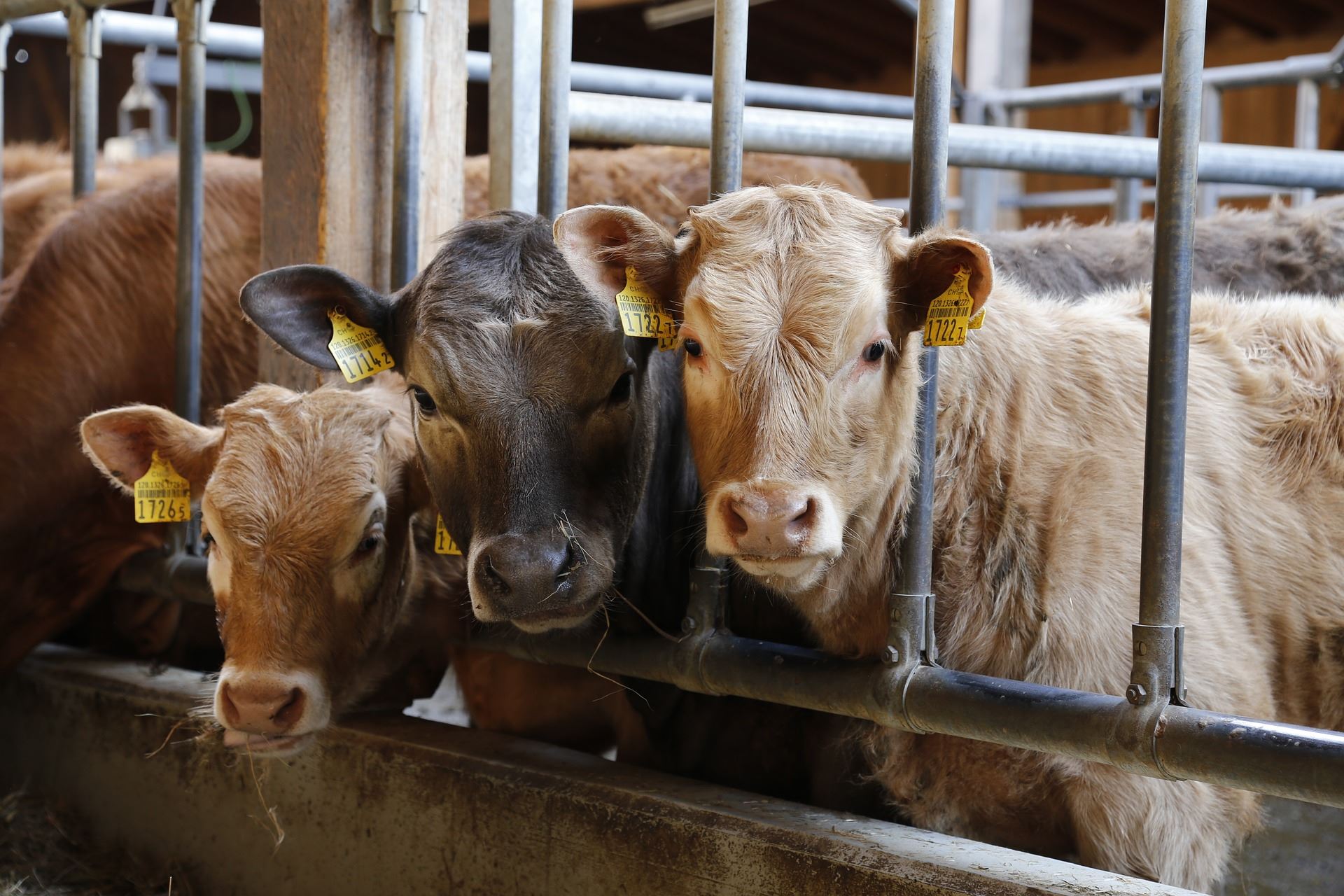
Follow Up: June Florida Food Forum
Food Processing for Small Producers
If you were unable to attend the meeting, the full presentation is available online here. You can also view the presentation pdf.
To keep the conversation going, please visit our forum on Food Sovereignty here to add your thoughts and comments.
On Friday, June 28th, Tom Pellizzetti was the guest presenter for the June Florida Food Forum: Food Processing for Small Producers. During the meeting, Tom spoke on correlations between food sovereignty and food policy, including how food sovereignty could be a response to certain challenges in contemporary agriculture and culture as a whole.
Tom began with thoughts on how it is common to focus on the story of the farmer, yet there are many parts to the system that allow meat to get from farm to table. From the farmers, to processors and to sellers, the system is separated into small functional players and major integrated vertical companies. Expertise differs from the farm to the distribution to the sales side, “at the end of the day if you don’t have sales and processing and distribution, you don’t have a farm” he said.
“Consumers are really rethinking and revaluating what is value to them in food.”
Outlining comparisons between small and large producers, and local versus industrial, Tom noted the transformation in consumer demand and changes in consumer values in recent years. “These are everyday people that have had a transformation or they have been educated about something. Or there has been a life experience that has caused them to rethink food. So they went from not thinking about where the food comes from, and just eating what [they] can…Especially young families. When you have a son or daughter come into your family, all of a sudden it matters what you are feeding them. And all of a sudden people care and are reading ingredients…”
Over the last 10 years there has been a mainstreaming of the natural foods movement and big chains are now carrying more natural and local foods, yet still it is largely industrial-based food. “Even though McDonalds these guys aren’t heroes in our minds, they are attempting to step up to the consumer demands and those incremental changes should be celebrated in a way that they do make a significant impact versus the very small niche markets that don’t have as much impact in the food system, although there is a lot more passion around it” says Tom. “A little change for a big company—say cage-free eggs at McDonalds—makes a significant impact in sustainability.”
Tom went on to discuss the Grass-fed Movement and the major shift in processing over the past few decades from small producers to large corporations. He points out the differences between the production systems used and the money concerns that are involved. For small processors, “sustainability in meats is really economic sustainability to keep that business running…When asked “What does sustainability mean to me?” it’s how do we stay in business another week?”
Although the small farm movement has picked up momentum, Tom highlights the reality that the majority is still led by Industrial meat. He continued his talk touching on other important issues—labeling laws, processing issues, sustainability efforts and consumer trends, which led to a great question and answer session.

Tom earned a BS in Animal Science from UF in 1996 and an MBA from Thunderbird in Arizona in 2001. Tom spent about 12 years working for large food companies (Tyson Foods, Nestle Purina and Schreiber Foods) with roles in (operations, sales and marketing). Tom became an independent sales agent in 2009, and co-founded a small grass fed beef producer called Arrowhead Beef in 2010. Tom and his business partner bought a very small USDA-inspected harvest facility in NW Florida in 2013. Tom sold his interests in those operations by 2017 and now provides brokerage and management services to natural food companies selling into retail and foodservice channels. Local When We Can!
Disclaimer: The views of the presenters do not represent the views of the Florida Food Policy Council. We are a forum for the offering and sharing of information and encourage diversity and communication within the food system.